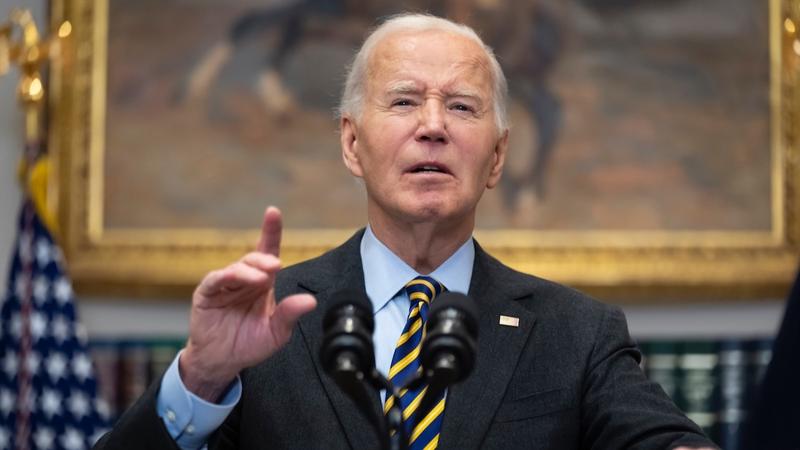Incoming US NSA Indicates Continuation of Some Biden Policies, Calls India Critical Partner- wna24
[ad_1]

Incoming US NSA indicates continuation of some Biden policies, calls India critical partner | Image:
AP
Washington: Incoming national security advisor Mike Waltz has indicated that the Trump administration will continue with several elements of Joe Biden’s policies, particularly on China and India, which he described as a critical partner for the US in the future.
Waltz would take charge as National Security Advisor to Donald Trump when he is sworn in as the 47th president of the United States on January 20.
Making an appearance at the US Institute of Peace (USIP), Waltz identified China as the “greatest adversary” of the United States and India as a critical partner of the US in the future.
“The President-elect firmly believes we can avoid conflict with the Chinese Communist Party because they need our markets. We are going to use the leverage in a way that’s in line that we have that’s in line with our national security while we still can,” Waltz said at the panel discussion with the outgoing NSA Jake Sullivan.
Waltz was quick to point out to the moderator Stephen J Hadley, former national security advisor, that he was also the Republican chair of the US-India Caucus, in the last Congress.
Sullivan, who was in India last week, told the audience that Waltz is very popular in India.
“I was just in India last week. They love you there as a co-chair of the India Caucus. They love the India Caucus, so they’re excited to have you come on board. I told them I could be the chair of the India Spouses Caucus in Congress going forward. They were a little less than that, but we’ll do our best,” Sullivan said jokingly.
AUKUS and the Quad are areas that have continued from one administration to another, Waltz said.
Aukus is a trilateral security partnership between Australia, the United Kingdom, and the United States intended to promote a free and open Indo-Pacific.
The Quad is a multilateral framework comprising India, Australia, Japan, and the US, with a shared commitment to upholding a free, open, and inclusive Indo-Pacific, amidst China’s aggressive behaviour in the strategically vital South China Sea.
Waltz also stressed that the incoming administration would make sure that the USD 20 billion backlog of US weapons for Taiwan would be delivered “as a deterrent measure”.
“Then thirdly, to really continue to reinforce those partnerships and those alliances where I certainly give this administration some credit is the trilateral dialogue between South Korea the United States and Japan, and then also between the United States, Japan, and the Philippines, really helping those countries and those governments overcome historic animosities with a shared vision of a free and open Indo-Pacific,” he said.
“I think all of those things will continue, and then if I didn’t mention India, I will again as a critical partnership in the future,” Waltz said in response to a question.
Sullivan agreed with his successor.
“I agree with basically everything Mike just laid out. I would say a good China strategy is a good Asia strategy, and that means building on the work that we have done with respect to our allies and partners, some of which was work that we inherited and built upon. I think there is continuity in that regard,” he said.
“A good China strategy, though, is also a good allies strategy writ large, and I think Europe is important in this regard, making sure that the United States is deeply engaged with Europeans working on convergence on pushing back against unfair Chinese economic practices on the supply chain resilience piece and so much else,” he said.
“Then there’s the question of technology. Here we need to both promote and protect. We need to make investments domestically to keep our lead in the key technologies that will define the future. Here the science part of the CHIPS and Science Act has never been fully funded,” he said.
“America at its best over the decades has been an America that spends the dollars on basic research and development to power the innovations that shape the future. And then there’s the protect side. We’ve taken a number of steps to ensure that our high technologies that have national security applications can’t be used against us or our friends by China,” he added.
Sullivan said China is facing some stiff headwinds.
[ad_2]
Source link
